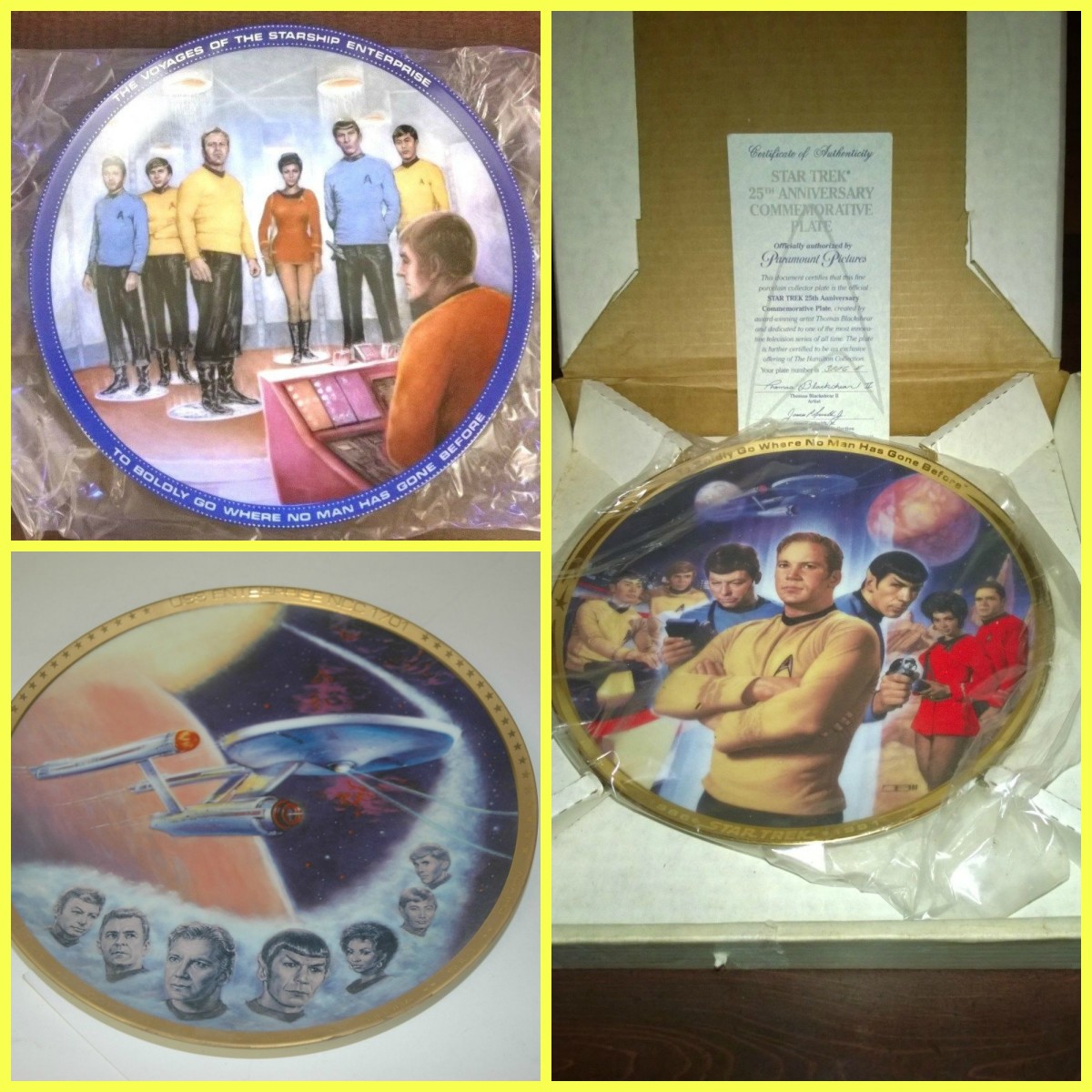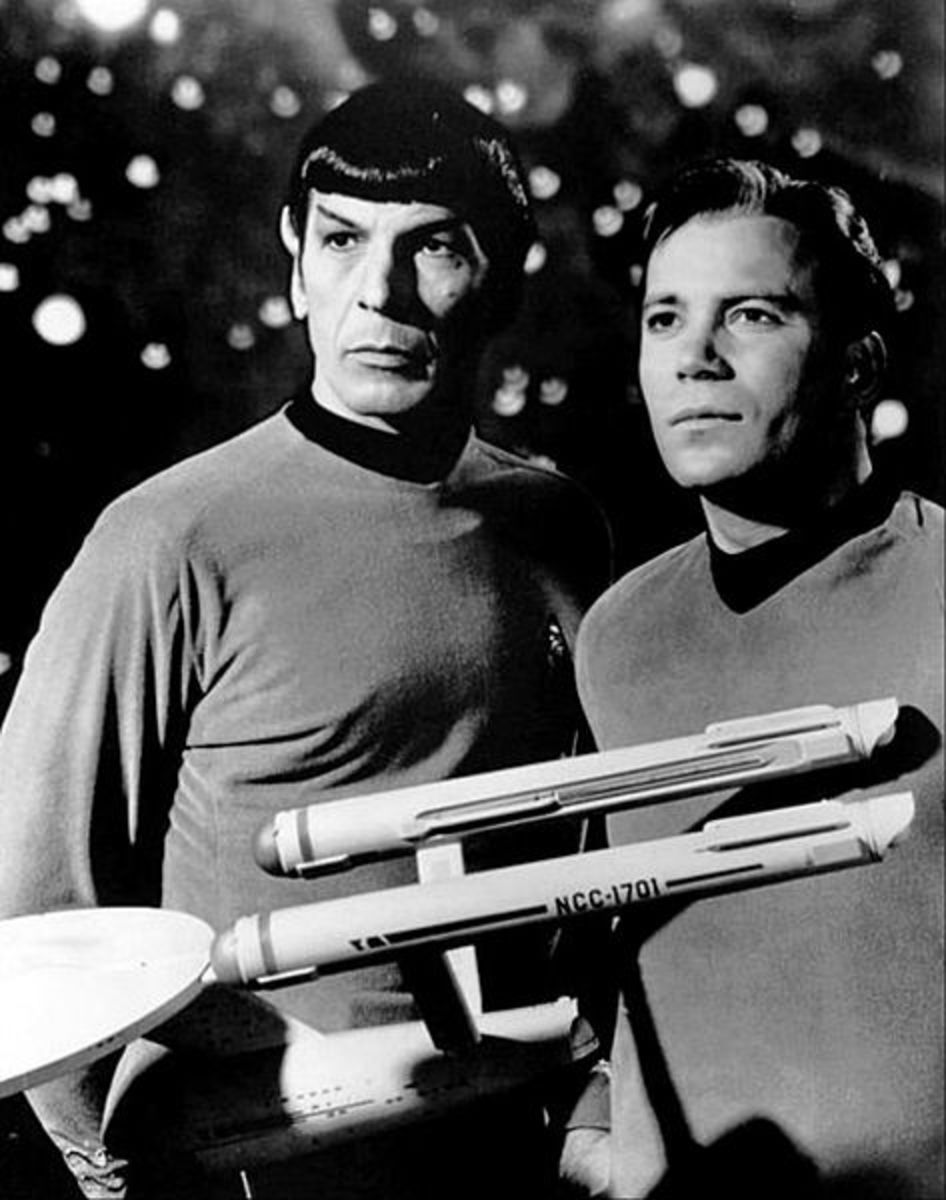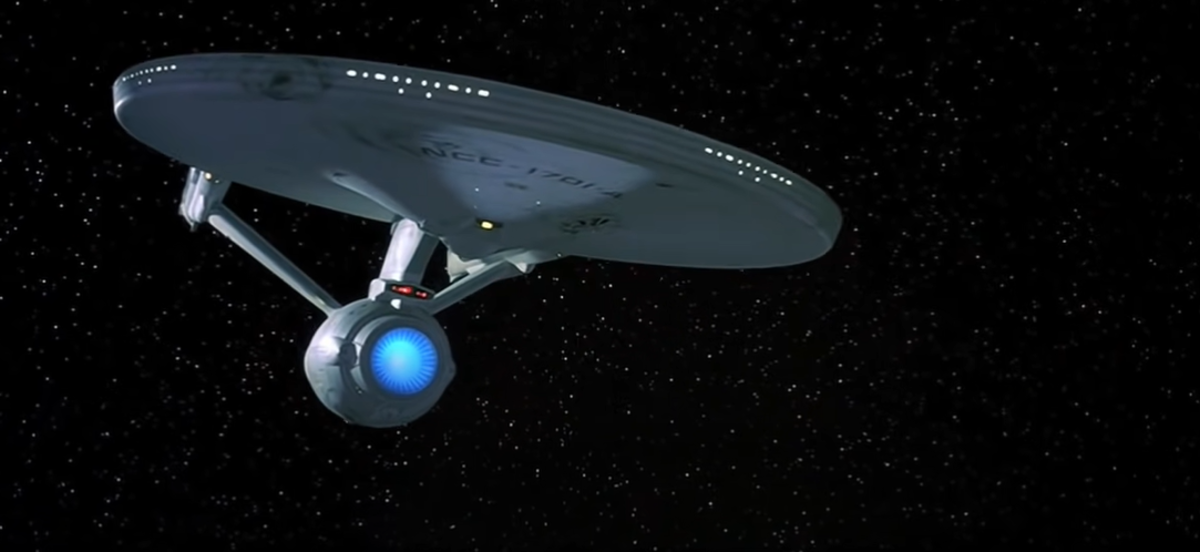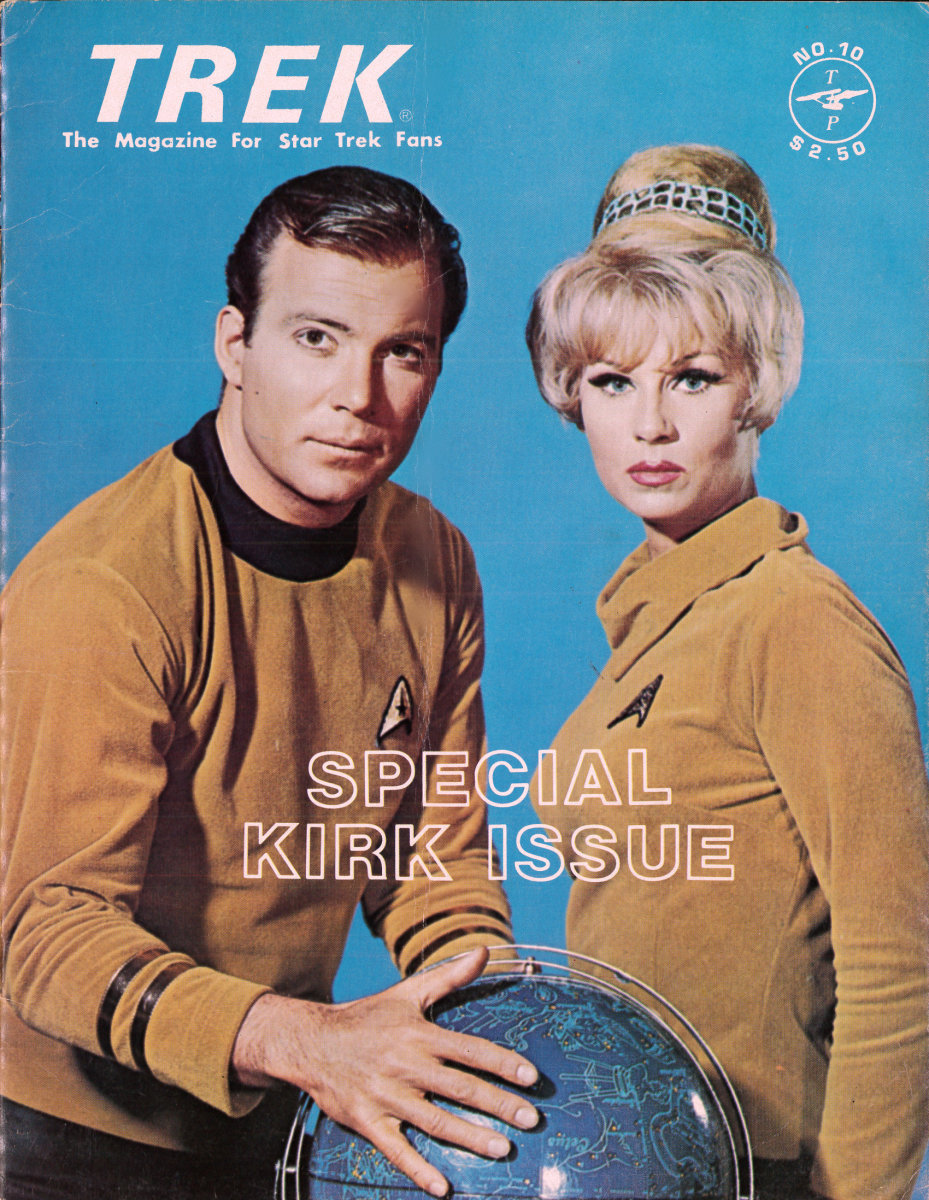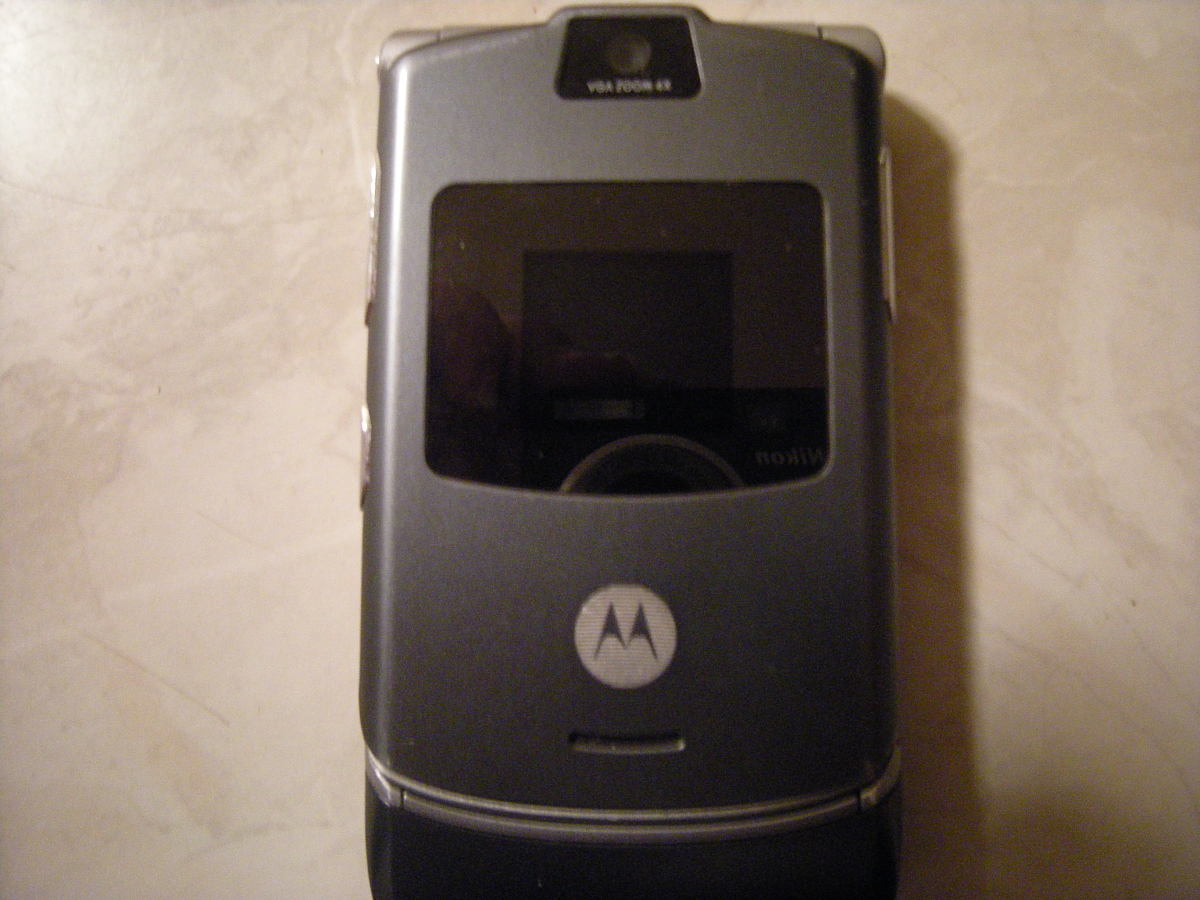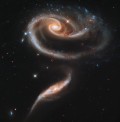- HubPages»
- Entertainment and Media»
- Movies & Movie Reviews»
- Science Fiction & Fantasy Films»
- Science Fiction
Deep Space 9: Turning Star Trek Darker
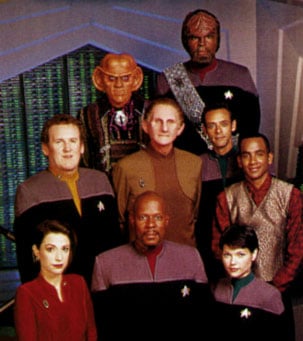
Writing about a utopia is difficult. If your world is truly perfect, and not just a society that just seems like a utopia on the surface, or one that crumbles at the beginning of the story, what conflict could you write about?
Gene Roddenberry's Star Trek originally answered with telling about the utopia's meeting with societys not yet at the Federation's level, and with discussing the moral and technological framework which had led to the utopia. And of course, the Federation was not above making mistakes at times, even though it for the most part was portrayed as the perfect world with people who had, in captain Picard's words, «moved out of their infancy». But then came Star Trek DS9 and brought with it a more cynical and conflicted view of the universe. Take for example “In the Pale Moonlight”.
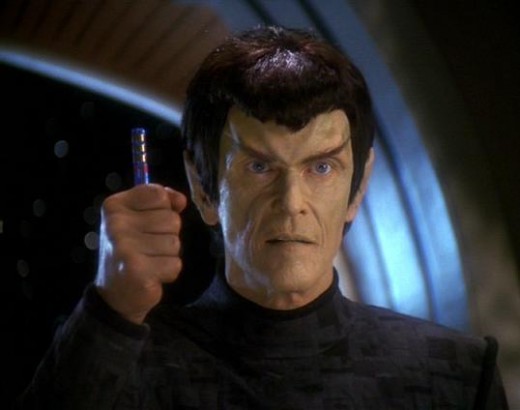
In the Pale Moonlight
The Federation's peaceful utopia is under war, and the war is crushing both the people of the Federation, and the high morals it was founded on. Captain Sisko finds himself increasingly desperate as the number of deaths increases, and the only way he can see leading to victory is to bring the Romulans into the war as a Federation ally. So he turns to Garak, the most shady character on the space station.
And so the fall begins. A plan is made to create fake evidence that will bring the Romulans into the war. All is done with the Federation's blessing, but the snowball starts rolling all too soon. Suddenly there is a need for a known criminal, so he must be pardoned. Then they have to go to the black market to get an important item, and trade it for a lot of dangerous material that will clearly be used for criminal purposes. Sisko seems to understand which way it is all heading, but finds that he can not listen to reason or his moral rules while people are dying across the galaxy.
And in the end, even two murders are needed to bring the Romulans into the war. A criminal and a Romulan senator. But into the war the Romulans go. And so Sisko sits in his office, trying to convince himself that he can live with it. One has to wonder if the first captains, Kirk or Picard, would have let another race join a war under false pretenses just so they could win. They never faced such troubles, yet it seems unlikely that the idealistic vision of Roddenberry would have allowed for it. The world of Star Trek, which originally had been a world where humans had moved passed war, had once again found war thrown on it, and so the morals had to give in.
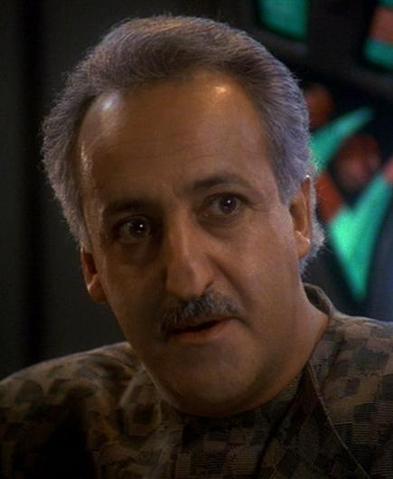
The Secret Police and the Average Person
Still worse for the utopian vision was the reveal of Section 31. Section 31 is the secret service of the Federation, and they are willing to go to any length to advance the Federation and its goals. They assassinate, they create viruses which specifically target the enemy, and who knows what else. Little is revealed about them, but their existence, which started long before the original series, means that the Federation was actually never the peaceful and kind society we thought. While Kirk was spreading his vision of free love, and Picard delivered speeches about freedom and justice and morals, section 31 was probably killing of Klingons left and right.
And the final example, although more could be found, is the episode which first introduces Bashir's parents, “Doctor Bashir, I presume”. We here meet Bashir's father, Richard. And he is a nobody. Now, this is not about the Federation doing shady things, this goes straight to the idea Roddenberry had about the evolution of the human race. It was supposed to be a world where people could reach their full potential, where people tried to better themselves rather than fighting for survival in a cruel world. Bashir is not that. He is the loser Roddenberry believed would not exist in the kind society of the future, he is a man drifting without finding out what he wants to do or what he is good at. His most major accomplishment is his son.
Vision for the Future
In these ways, DS9 certainly changed what Star Trek claimed the future holds. It may seem as if I am opposed to all these changes, but I actually really like DS9, its characters and its themes. But it was a lot darker than the earlier shows Roddenberry worked on, and it portrayed a different world.
One of the things about Star Trek was its positive outlook on life. Among all the chaos of life and media, this one show claimed that it will get better, that thanks to science and development we will rise above our problems, and one day find that utopia. Among all the grit on TV, we may need a show which teaches that, and for that, I applaud the Original Series and the Next Generation. But Star Trek needed to evolve and tackle new problems, and DS9 did exactly that. While I am sad to see the positive future go, at least a good show came out of it. A utopia may be too boring of a setting in the long run, sadly.


